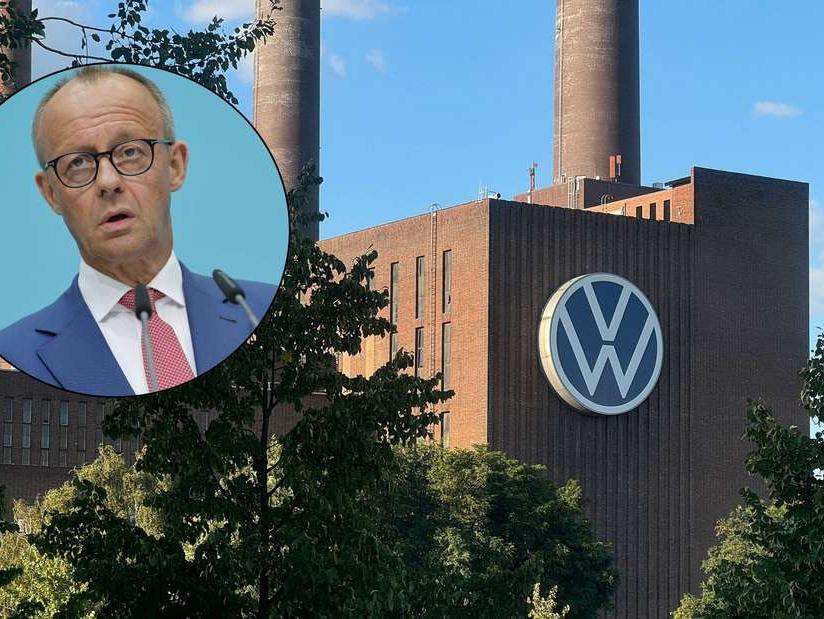The crisis at Volkswagen has escalated, with German Chancellor Olaf Scholz personally intervening in the situation. Scholz has held talks with Volkswagen’s management, works council representatives, and supervisory board members, emphasizing the importance of VW as a key player in the automotive industry. The Chancellor’s involvement underscores the gravity of the situation, which has potential far-reaching implications for Germany’s economy and industrial landscape.Volkswagen’s finance chief, Arno Antlitz, has warned that the company is running out of time to turn itself around, citing a demand shortfall of 500,000 vehicles in Europe, equivalent to the capacity of two large factories. The company is considering closing factories in Germany and ending a 30-year-old job security pact with workers as part of its €10 billion cost-cutting plan. This move would mark the first Volkswagen factory closure in Germany in 87 years.The announcement has sparked fierce resistance from unions and the works council. Daniela Cavallo, head of the works council, called the plans ‘a declaration of bankruptcy’ and criticized the company’s management for ‘massively damaging trust’. The situation has led to protests at several Volkswagen sites, with 16,000 workers reportedly demonstrating against the measures.In response to the crisis, the German government is considering introducing tax incentives for the purchase of new cars, worth over €500 million per year starting next year, potentially increasing to €650 million by 2028. Labor Minister Hubertus Heil has emphasized the need to secure all locations and prevent job losses at VW, calling for a partnership between management and workers.The situation at Volkswagen is seen as indicative of broader challenges facing the European automotive industry. The transition to electric vehicles, increased competition from Chinese manufacturers, and changing market conditions have put pressure on traditional automakers. This crisis has also raised concerns about the future of Germany’s automotive industry and its impact on regional economies, particularly in areas like Niedersachsen where Volkswagen is a major employer and taxpayer.
Key points
- German Chancellor Olaf Scholz has personally intervened in the Volkswagen crisis, holding talks with management and worker representatives.
- Volkswagen is considering closing factories in Germany and ending its job security pact due to a significant demand shortfall.
- The German government is considering introducing tax incentives worth over €500 million per year to support the automotive industry.
- The crisis at Volkswagen reflects broader challenges facing the European automotive industry, including the transition to electric vehicles and increased competition.
Contradictions👾While Volkswagen is considering factory closures and job cuts, other German automakers like Porsche and Mercedes-Benz have stated they will maintain their employment guarantees until at least 2029 and 2030 respectively.


